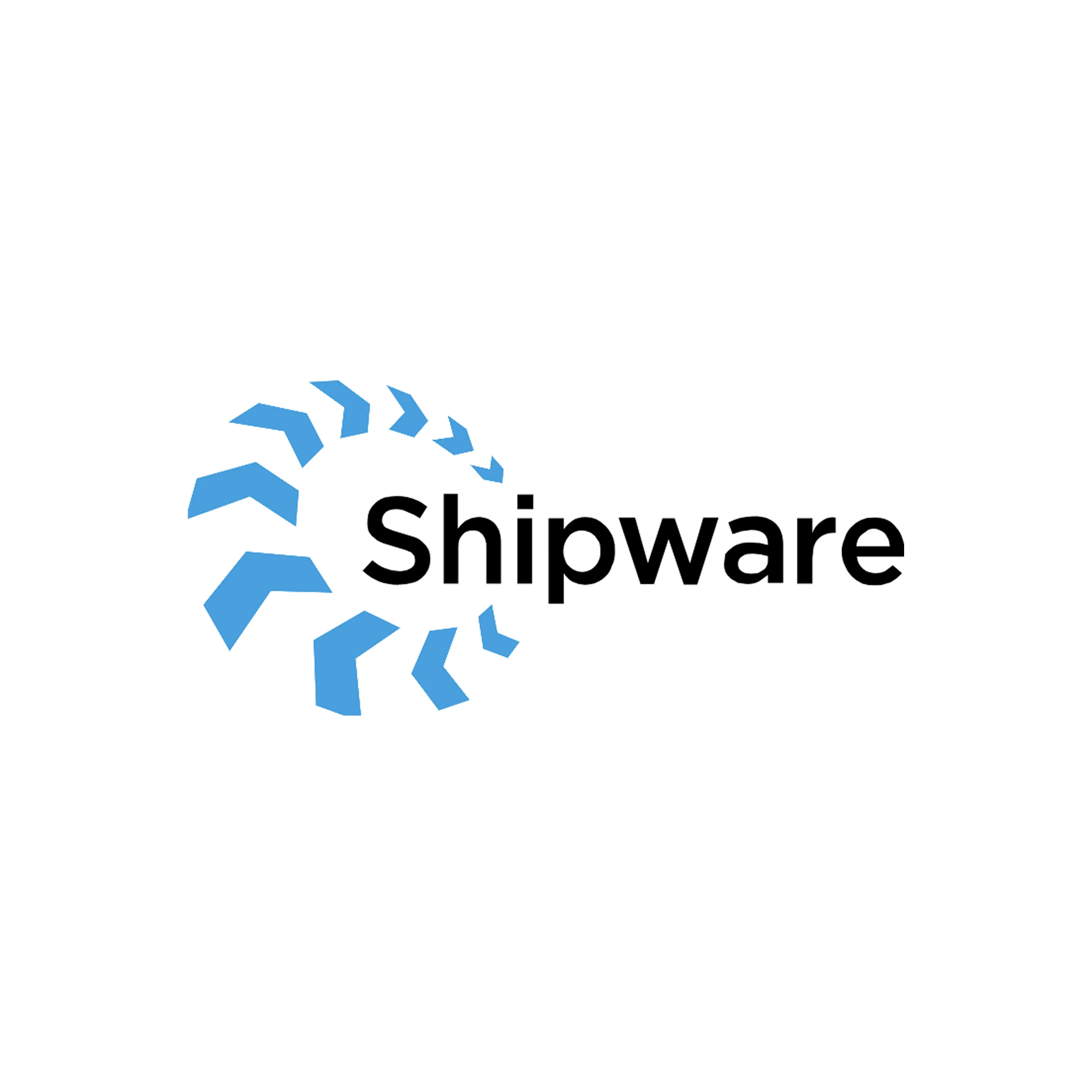What Are eCommerce Shipping Tools
eCommerce Shipping Tools are specialized software and logistics solutions that streamline how online brands manage fulfillment, delivery, and post-purchase experiences. They help merchants simplify complex shipping workflows—from printing labels and syncing carrier rates to tracking packages and resolving claims—while ensuring timely, cost-effective delivery. For brands focused on unboxing and retention, see guidance on future-ready e-commerce packaging.
By automating repetitive logistics tasks and integrating directly with ecommerce platforms like Shopify, these tools enable brands to deliver better customer experiences, maintain transparency, and scale operations efficiently. A strong shipping tech stack minimizes human error, enhances brand trust, and turns fulfillment into a strategic growth driver—often supporting initiatives to lower acquisition cost and improve margins.
Most shipping tools connect with CRMs, 3PLs, and order management systems to unify data and create a seamless end-to-end supply chain. This integrated ecosystem helps brands maintain consistency across every touchpoint, from checkout to doorstep delivery, and complements broader programs to boost e-commerce sales.
Key Benefits of eCommerce Shipping Tools
Shipping solutions offer critical advantages to D2C and eCommerce businesses, including:
- Operational Efficiency: Automate label printing, carrier rate calculation, and tracking updates to save hours of manual work.
- Cost Optimization: Compare carrier pricing and routes to find the most economical options for each order—supporting efforts to calculate and manage CAC.
- Customer Transparency: Provide branded, real-time tracking experiences that reduce support tickets and increase trust.
- Scalability: Handle growing order volumes with automation-ready systems that integrate directly into existing fulfillment workflows.
- Brand Differentiation: Personalize packaging and delivery experiences to strengthen post-purchase engagement.
- Global Reach: Simplify international shipping, duties, and taxes to expand into new markets effortlessly.
Different Types of eCommerce Shipping Tools
There are several categories within eCommerce shipping technology, each addressing a unique part of the fulfillment process:
- 3PL (Third-Party Logistics): Partners like ShipBob, Shipfusion, and ShipDudes handle warehousing, packaging, and delivery for fast-growing DTC brands.
- Post-Purchase Platforms: Tools such as Parcel Panel Order Tracking, Yuzu, and ProtectMyOrder enhance tracking and unboxing experiences with branded pages and smart upsells.
- Logistics & Quality Control: Solutions like Factored Quality, Cubic, and Address Validator ensure accuracy, compliance, and efficient global freight forwarding.
- Operations & Delivery Optimization: Platforms like PrettyDamnQuick, bodo, and Order Protection simplify last-mile delivery and shipping protection while improving speed and customer satisfaction.
- Internationalization: Tools such as Global-e and Passport enable brands to sell and ship seamlessly across borders, offering localized checkout and compliance support.
Each subtype contributes to building a flexible, cost-effective shipping infrastructure that aligns with business goals and customer expectations. As you scale, complement logistics with data programs like low-cost traffic analysis to measure impact.
Key Features of eCommerce Shipping Tools
Leading shipping platforms share several features that power efficiency and enhance customer experiences:
- Real-Time Tracking: Offer customers instant visibility into their orders through branded tracking portals.
- Carrier Rate Comparison: Access multiple carrier options to secure the best rates for each destination and delivery speed.
- Automated Label Generation: Eliminate manual entry by auto-generating shipping labels for every order.
- Returns & Claims Management: Streamline refund or replacement processes through integrated post-purchase support.
- Fulfillment Network Integration: Sync with 3PLs and warehouse systems for centralized inventory and order updates.
- Analytics & Insights: Monitor delivery performance, carrier SLAs, and shipping costs to identify optimization opportunities—pair with disciplined A/B testing to validate improvements.
These capabilities ensure that brands not only deliver faster and cheaper but also create memorable, consistent customer journeys.
Key Things eCommerce Shipping Tools Do
Shipping software empowers brands to improve operations and elevate post-purchase engagement. Common use cases include:
- Streamline Fulfillment: Automate multi-carrier management and batch label printing to accelerate processing.
- Enhance Delivery Experience: Create branded tracking pages and notifications that keep customers informed.
- Protect Orders: Manage claims for lost or damaged shipments with tools like Order Protection or ShipAid.
- Enable Global Expansion: Simplify customs, duties, and localized checkout through Global-e or Passport.
- Optimize Packaging & Experience: Use tools like Yuzu to customize unboxing and increase repeat purchases—align with PDP optimization for end-to-end consistency.
Who Uses eCommerce Shipping Tools at a D2C Brand
Shipping tools are leveraged across multiple functions within eCommerce organizations:
- Operations Managers: Oversee fulfillment performance, carrier partnerships, and delivery logistics.
- E-commerce Managers: Monitor shipping reliability and post-purchase touchpoints to maintain customer satisfaction.
- Customer Support Teams: Access real-time tracking and claim tools to resolve issues quickly.
- Marketing Teams: Use post-purchase engagement features to drive upsells and retention.
- Founders or Growth Leads: Evaluate logistics efficiency and global readiness through analytics dashboards.
What Are the Best eCommerce Shipping Tools
Some of the top tools powering modern eCommerce shipping and logistics include:
- Parcel Panel Order Tracking: Shopify’s leading tracking app with multilingual support, analytics, and upsell tools.
- ShipBob: A tech-driven 3PL offering fast, reliable fulfillment across a global network.
- Shipfusion: High-performance fulfillment with industry-leading SLAs and retention rates.
- Global-e: End-to-end cross-border commerce solution for localized shopping experiences.
- PrettyDamnQuick: Delivery optimization software for faster, lower-cost fulfillment options.
- Factored Quality: A managed quality control platform ensuring product integrity pre-shipment.
Together, these tools form the backbone of efficient, transparent, and customer-centric shipping operations for D2C and eCommerce brands worldwide. As you iterate on logistics, refine site copy and metadata with better e-commerce metadata to connect shipping promises with on-site expectations.

